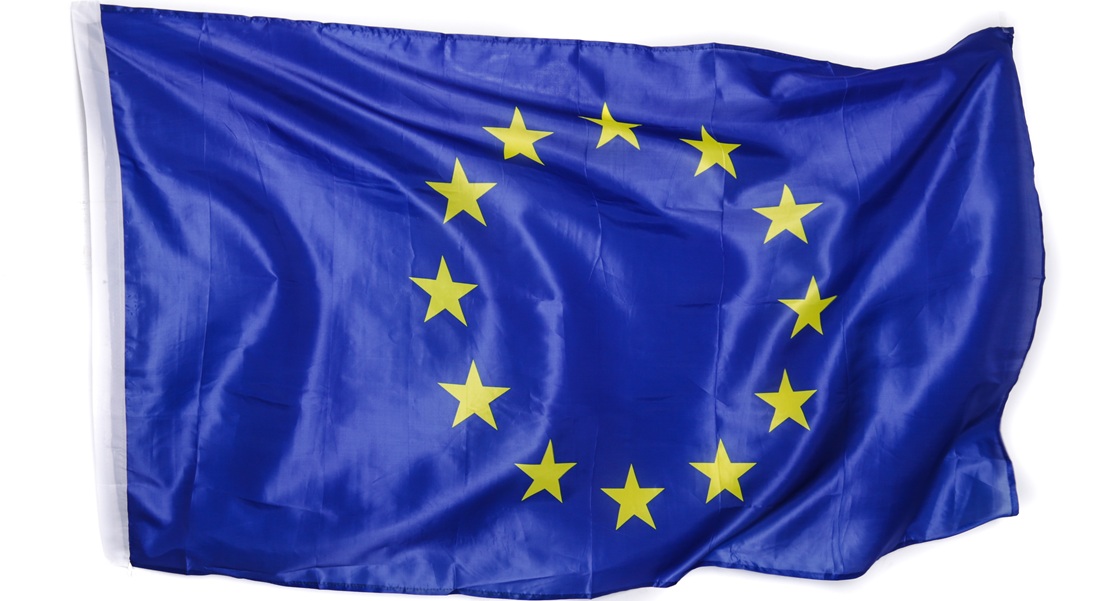
France Requests Delay of EU Environmental Regulation
Jan, 27, 2025 Posted by Denise VileraWeek 202505
The French government has asked the European Union (EU) to suspend a new corporate sustainability directive (covering environmental and human rights standards) that it claims is too burdensome for businesses. There is a good chance the request will be granted, which could also benefit Brazilian exporters.
France is increasing pressure on the European Commission to reconsider implementing sustainability regulations amid Europe’s economic stagnation. The aim is to enhance competitiveness with the U.S. and China.
At the same time, under pressure from its farmers, France continues to oppose the EU-Mercosur trade agreement, arguing that the deal does not sufficiently protect the environment.
The directive the Macron administration seeks to suspend indefinitely is the Corporate Sustainability Due Diligence Directive (CSDDD), approved in March 2024. According to the French government, the current version of the regulation imposes “considerable costs” and is a “nightmare” for businesses. The prevailing opinion is that the EU has gone too far with this law, which complements a green agenda that includes anti-deforestation laws, conflict minerals regulations, and forced labor bans.
The directive requires companies and their partners—including all supply chain, production, and distribution stages—to prevent, mitigate, or reduce negative environmental and human rights impacts. These include modern slavery, child labor, labor exploitation, biodiversity loss, pollution, and the destruction of natural heritage.
The rules apply to EU and non-EU companies, potentially imposing significant new administrative costs on exporters worldwide.
Timeline for Implementation
Under the current schedule, the directive would apply to:
- Companies with over 5,000 workers and global revenues above €1.5 billion starting in 2027.
- Companies with over 3,000 workers and global revenues above €900 million starting in 2028.
- Companies with over 1,000 workers and global revenues above €450 million starting in 2029.
Franchises or licensing agreements with a shared corporate identity and global revenues exceeding €80 million would also be affected, provided at least €22.5 million comes from royalties.
Affected companies must integrate due diligence into their policies, invest in addressing human rights and environmental impacts caused by their operations, secure contractual guarantees from partners, enhance their business plans, or support small and medium-sized enterprise (SME) partners to comply with the new requirements.
They must also adopt a transition plan aligning their business model with the Paris Climate Agreement’s target of limiting global warming to 1.5°C—a goal spearheaded by France itself.
Companies failing to comply face risks of “naming and shaming,” damaging their reputations, and fines of up to 5% of their global net revenue.
Brazilian companies would need to demonstrate stricter risk management and sustainability practices when doing business in Europe to avoid litigation and heavy penalties.
Impact on Brazilian Industries
According to the National Confederation of Industry (CNI), the Brazilian sectors most affected by the directive could include:
- Manufacturing and wholesale trade of textiles, leather, and related products, including footwear.
- Agriculture, forestry, fishing, food production, and wholesale trade of agricultural raw materials, live animals, timber, food, and beverages.
- Regardless of extraction location, mining activities include crude oil, natural gas, coal, metals, and non-metallic minerals.
France’s Request and Potential Implications
For Rodrigo Pupo, a trade and environmental law expert at MPA TradeLaw in São Paulo, granting France’s request could also help Brazil by delaying the burden of complying with the new rules. “Without a doubt, this directive could lead European companies to stop buying from Brazil simply because it’s Brazil,” he noted.
While the suspension requested by Paris might help, the final outcome will depend on the formal proposal and the EU’s decision, said a source familiar with European practices. “This isn’t a time for generosity,” they added. “It’s every man for himself and zero coherence.”
Economic Pressures on the Directive
On Friday (24), the French government joined the European business sector’s frontal attack on the directive, which would initially impact 55,000 European companies and foreign ones. This push coincided with European Commission President Ursula von der Leyen’s announcement at the World Economic Forum in Davos that she would launch an unprecedented initiative to simplify European business operations, aligning with France’s demands and local economic concerns.
“Europe must accelerate if it wants to sustain growth over the next 25 years,” she said. “That’s why I’ve asked Mario Draghi to prepare a report on European competitiveness. Based on that, the European Commission will present our roadmap to guide efforts over the next five years next week.”
The strategy’s priorities include increasing productivity, closing the innovation gap, developing a joint decarbonization and competitiveness plan, addressing labor and skills shortages, and reducing bureaucracy. According to von der Leyen, the goal is to enable faster, cleaner, and fairer growth, ensuring all Europeans benefit from technological advances.
Broader Context
Last week, Business Europe, representing European companies, presented the European Commission with demands regarding 68 different regulations across 11 sectors, including energy, climate, and agribusiness.
At the end of last year, the EU had already delayed its key anti-deforestation policy by one year, pushing implementation to early 2026. This policy will ban access to the EU market for six commodities—beef, soy, coffee, palm oil, timber, and cocoa, along with their derivatives—produced in deforested areas after 2020.
Source: Valor Econômico
-
Trade Regulations
Sep, 12, 2021
0
Understand why China is increasingly important to the Brazilian economy
-
Ports and Terminals
Feb, 04, 2021
0
Port of Santos undergoes environmental inspection
-
Trade Regulations
Jan, 08, 2025
0
Brazil’s Lula, Qatari emir talk bilateral trade
-
Ports and Terminals
Jun, 03, 2022
0
The verticalization of container terminals may hamper port activities in Brazil


